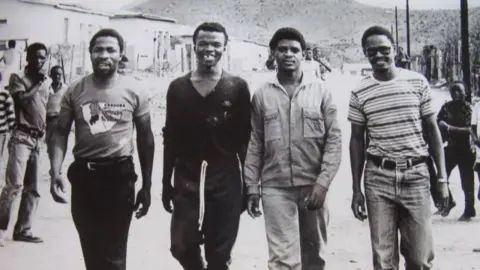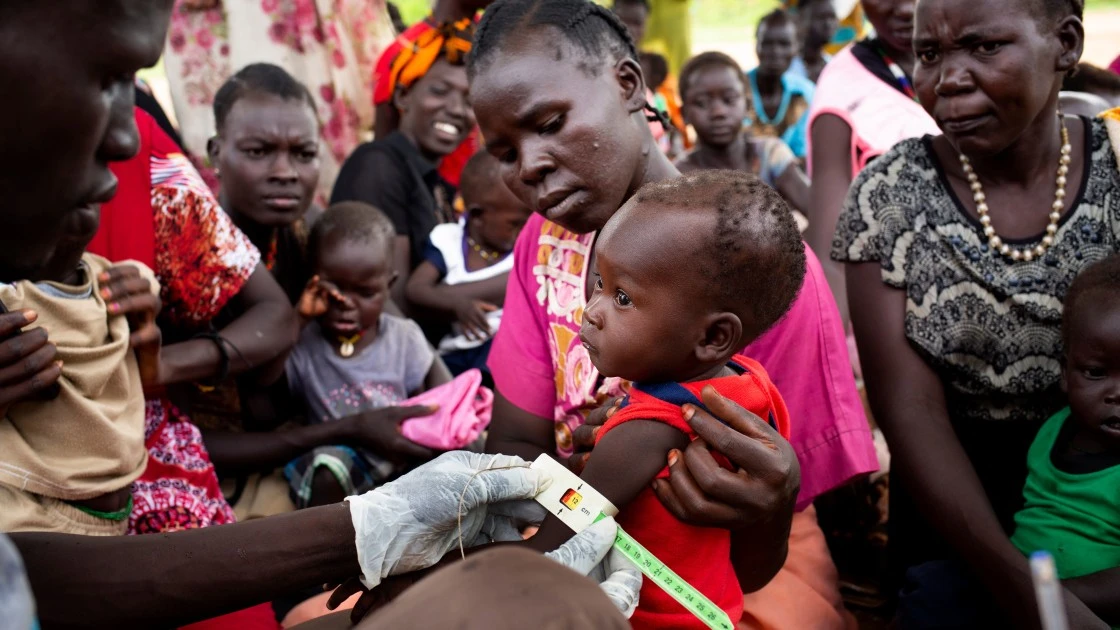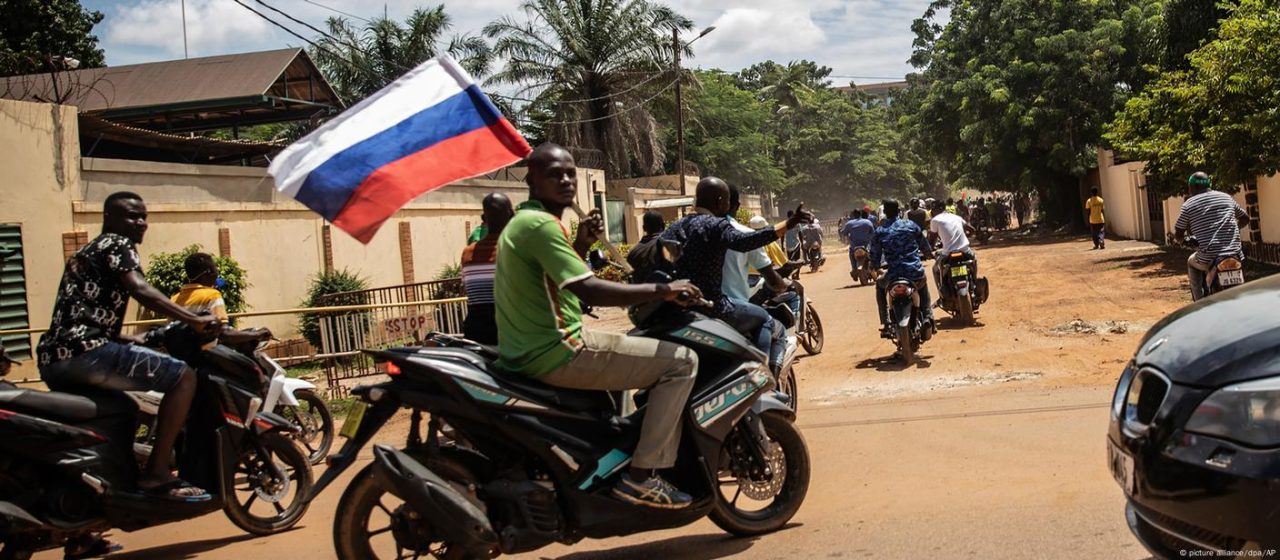Black Axe: Africa’s Crime Export
Editorial : Fatima Babandi
In the underworld of transnational crime, few names stir as much dread and intrigue as Black Axe. Once rooted in Nigerian university confraternity culture, the group has evolved into a sprawling criminal enterprise with tentacles reaching across continents. Operating under the guise of the Neo Black Movement (NBM), a seemingly benign socio-cultural group, Black Axe has been linked to a litany of crimes—from cyber fraud and human trafficking to drug smuggling and violent assassinations. Despite past public leadership figures like Bemigho Eyeoyibo, who headed the NBM between 2012 and 2016, the syndicate’s true command structure remains a mystery. This veil of anonymity, combined with strategic international alliances, has enabled Black Axe to thrive in the shadows.
Interpol’s Operation Jackal III in 2024 shone a rare light into this darkness. Coordinated across 21 countries, it led to nearly 300 arrests, the freezing of over 700 bank accounts, and the seizure of millions in assets. Yet, these victories barely scratched the surface. The organization’s resilience lies in its decentralization—nodes of operatives scattered across Europe, the Americas, and Africa, often blending seamlessly into local communities. These cells orchestrate sophisticated cyber scams, defraud businesses, and funnel illicit earnings through complex laundering schemes, often involving cryptocurrencies and front companies.
Perhaps most chilling is the cultural capital Black Axe commands among disaffected youth, especially in Nigeria and parts of the diaspora. Through a mix of ritualistic loyalty, promises of wealth, and a distorted sense of brotherhood, it recruits with a zeal that rivals religious movements. Governments and law enforcement agencies remain locked in a technological and psychological arms race against this shadowy force. As Black Axe continues to elude the full grasp of justice, its name has become a symbol not just of organized crime—but of a deeper crisis in global governance and youth disenfranchisement.
-

Sierra Leone : Launch of First 5G Network Powered by Renewable Energy
Edited by : Salma karmassSierra Leone has officially launched its first fifth-generation (5G) telecommunications network, marking a major step toward... West Africa - Sahel -

Nigeria: Meta’s Digital Standoff—When Tech Giants Confront Sovereign Power
Editorial : Reda El GhazalAs tensions mount between Nigeria and Meta, the parent company of Facebook and Instagram, the threat... Infographics -

South Africa: Reopening the Wounds of Apartheid to Seek Justice
Editorial : Fatima BabadinSouth Africa is taking a bold step toward confronting its unsettled past by launching an official probe... Infographics -

Africa and the EU Reach for the Stars in Historic Space Partnership
Edition : Africa Eye During the NewSpace Africa Conference held in Cairo, the African Union and European Union jointly launched a... Regional and international cooperation -

Sudan’s Women Under Siege
Editorial : Reda El GhazalSudanese women and girls represent over 70% of the 12 million people displaced since the war... Infographics -

Russia: Expanding Military Ties with Mali, Shaping New Sahel Alliances
Editorial: Fatima BabandiRussia has confirmed a significant boost in its military cooperation with Mali, marking a pivotal moment in the... Politics

 Follow the latest news on WhatsApp
Follow the latest news on WhatsApp  Follow the latest news on Telegram
Follow the latest news on Telegram  Follow the latest news on Google News
Follow the latest news on Google News  Follow the latest news on Nabd
Follow the latest news on Nabd 

















